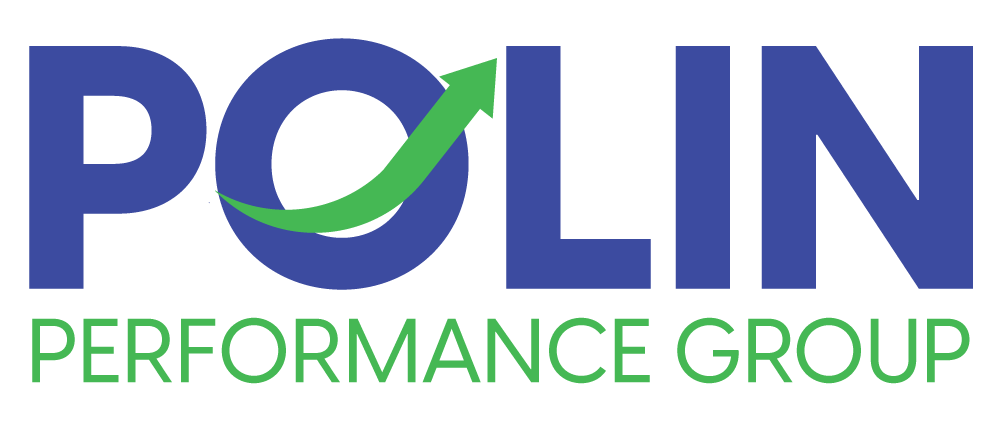Moving from Vendor to Trusted Adviser in Client Relations

Whenever I ask a business owner or salesperson about their selling process, most say that they sell based on their relationships.
When I further explore what they mean, they tell me “I get my prospects and strategic partners to like me, and then I get their business.” Typically, they follow up by saying, “I get all of my business from referrals.”
In an ideal world the above statements would be true, but unfortunately, my experience tells me something different. Every day, I speak with business owners and professionals who are frustrated that they lost business because a competitor cut their prices, or a buying decision has been put off.
As we think about our own business (especially these days), do we make decisions based on whom we like or what is best for our company right now? If you are like most, you are making decisions based on what is best for you and your business.
Vendor status
Prospects and customers can see us in one of three different ways — as vendors, consultants, or advisers. A buyer who sees your company as a vendor views your relationship as an interchangeable part. If your price is the cheapest, the consumer will do business with you. The moment another vendor has cheaper prices, a newer or more exciting product, or one of your competitors catches your customer in a good mood, your customer will move to the competition. When you have had no warnings before a customer leaves, or if you are constantly being pushed to cut your prices, you can be sure that you are viewed as a vendor.
Consultant
Those who can take their business to the next level have more than a friendship with their customers. They develop relationships with their customers so that the customer sees them as a consultant, an expert, or an adviser. Customers view a consultant as a more valuable team member then a vendor. Clients who see you as a consultant will ask for your expertise and advice when making buying decisions and they believe that you bring more to the relationship then the product or service that you are selling. Typically, clients who view you this way will not leave you without a compelling reason.
Trusted adviser
A trusted adviser is viewed as a true business partner, and once you gain that status, you will have a customer for life. Issues such as price, delivery and pressure from competition will cease to exist. When your clients see you as an adviser, they will ask you for advice regarding their business. Often, they will share their future plans and get your input. Clients who view you as a trusted adviser will be the strongest referral sources that you could possibly hope for and see you as an integral part of their business.
How do you become a consultant or trusted adviser? Do you think that serious businesses will view you as an adviser just because they like you? Would you choose an accountant or an attorney just because you like them? To become a trusted adviser, your client needs to see you as an expert. When beginning the sales process, you need to demonstrate your expertise by asking questions and demonstrating an understanding of your customer’s needs.
In the sales process, it is imperative that you ask the right questions to uncover your prospects’ issues and then make the process about their needs, not your skills or talents. When you bring to light issues by asking questions and acting as a problem-solver, your clients will discover that you can help them with a variety of issues. A good adviser brings multiple solutions to the table, often provides additional experts and is seen as a valuable resource by their clients.
When thinking about your client relationships, give some thought to how your clients view you. How can you make the leap to the next level? How can you become a trusted adviser so that your clients never leave? If you would like to learn more about how to become a trusted adviser, please give us a call at 215-970-2360 or contact me.
A trusted advisor is viewed as a true business partner, and once you gain that status, you will have a customer for life.
Schedule a Time for a
Free Consultation
Contact Us

You might also like




